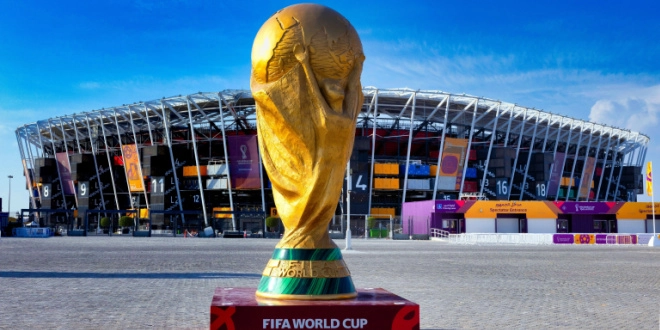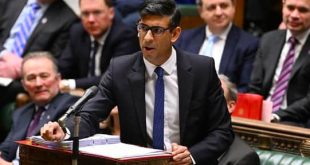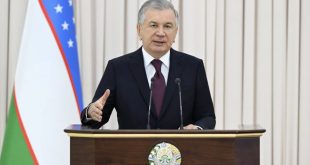The 2022 FIFA World Cup saw a dramatic decrease in the number of betting adverts shown on ITV, according to the Betting and Gaming Council (BGC).
In an update issued after the tournament, the UK’s betting trade association and standards body outlined that the number of ads fell by 34% from 167 in the 2018 World Cup to 110 in 2022.
The World Cup was shown on two of the UK’s free to air channels, ITV and the BBC, the latter of which broadcasts without any adverts. This means that the overall number of betting ads views was substantially lower during the last tournament.
Michael Dugher, BGC Chief Executive, said: “At the start of the World Cup, the usual suspects said we would see a “perfect storm” of problem gambling, sparked by waves of betting adverts. This data proves that these warnings were yet again wrong.
“The evidence shows that calls from prohibitionists to ban betting ads and sports sponsorship are not backed up by the evidence, with the Government themselves acknowledging independent research ‘did not establish a causal link between exposure to advertising and the development of problem gambling.”
The figure, which excluded lottery adverts, worked out at 4.5 ads per match – in contrast to 8.35 in 2018. This decrease was attributed to the BGC’s voluntary ‘whistle-to-whistle ban’ on betting advertising.
The ban means that UK operators do not show adverts from five minutes before the match begins to five minutes after it ends, if the fixture is taking place before 9pm.
The standards body stated that this initiative led to a 97% reduction in the number of ads viewed by children, whilst 20% of its members’ TV and radio ads are dedicated to responsible betting messaging.
Striving to go beyond television and radio commercials, BGC members have also adopted new age gating rules in partnership with prominent social media firms to cut back on marketing material viewed online by those under 25 years old.
The BGC’s efforts come ahead of potential restrictions on betting advertising with the publication of the Gambling Act review apparently imminent, after over 25 years in the political pipeline.
Marketing and advertising have been key areas of focus for the review, with reformists calling for further limitation of TV ads as well as a clampdown on sponsorship agreements between sports teams and betting companies.
Earlier this year, the Committee of Advertising Practice (CAP) introduced new rules which prohibit the use of sports people in betting marketing – a practice that earned Ladbrokes a warning from the Advertising Standards Authority (ASA) last month.
“Nevertheless, the reduction in betting ads is further proof of the continued commitment by BGC members to raising standards – while also promoting safer gambling tools like setting deposit limits and time-outs, and signposting help to those who need it,” Dugher asserted.
“All of this is in marked contrast to the unsafe, unregulated black market online that pays no tax and makes no contribution to the economy or many of our much loved sports.”
The reduction in the number of betting ads on ITV during last year’s tournament follows a continuation of a trend which began during the 2021 Euros, in the midst of the Gambling Act review, when the broadcaster stated that ad exposure would be ‘significantly reduced’.









